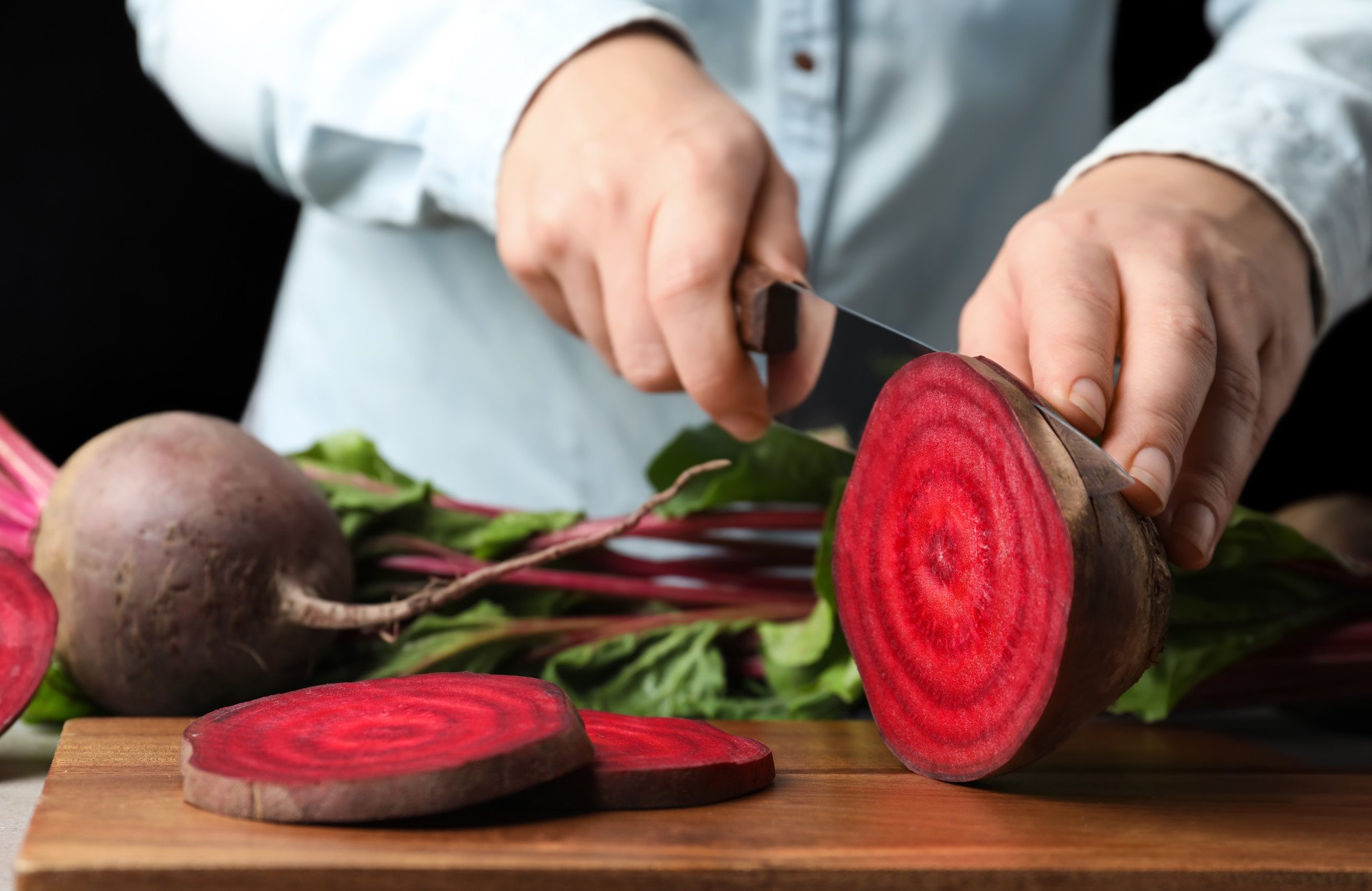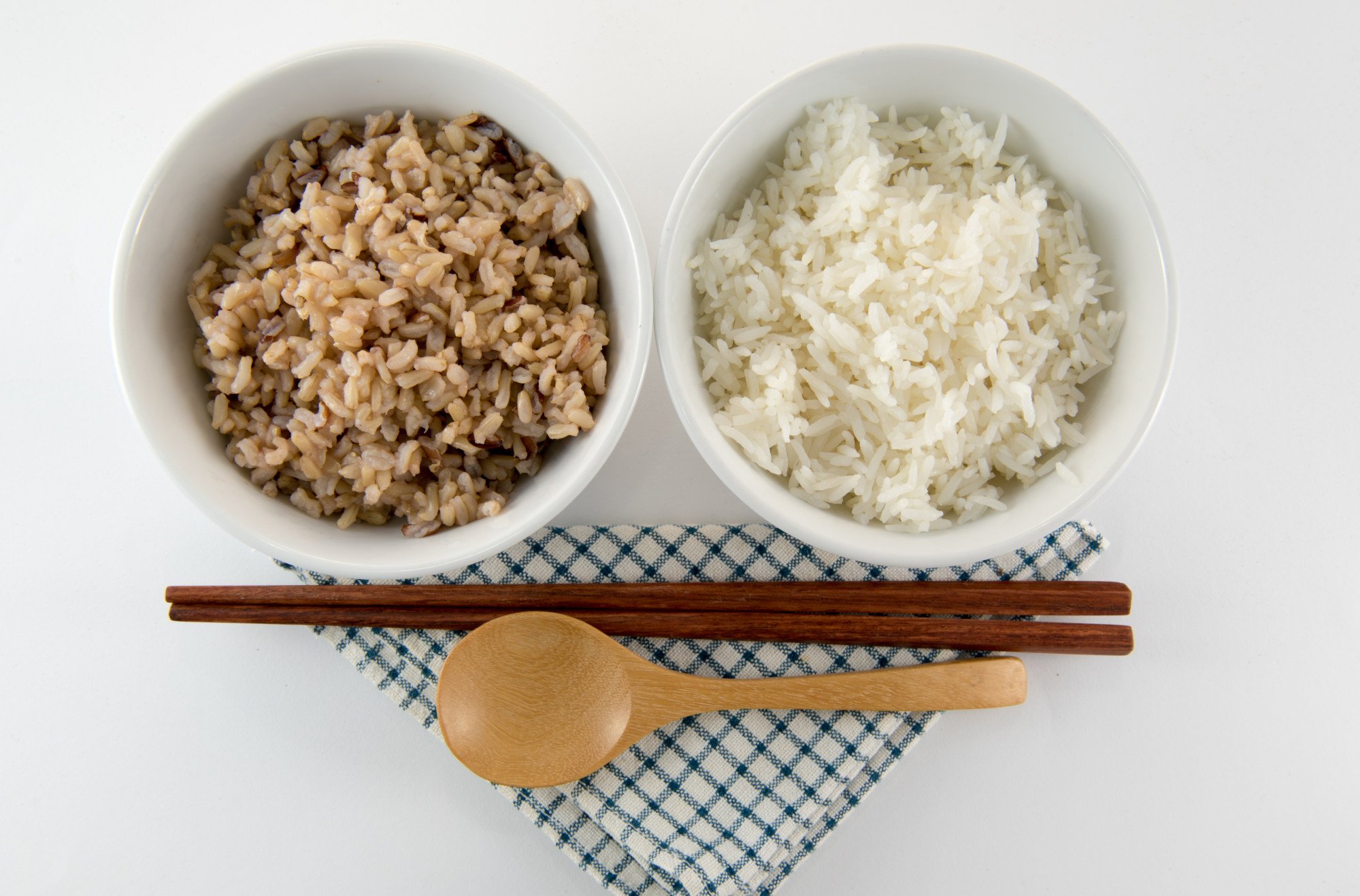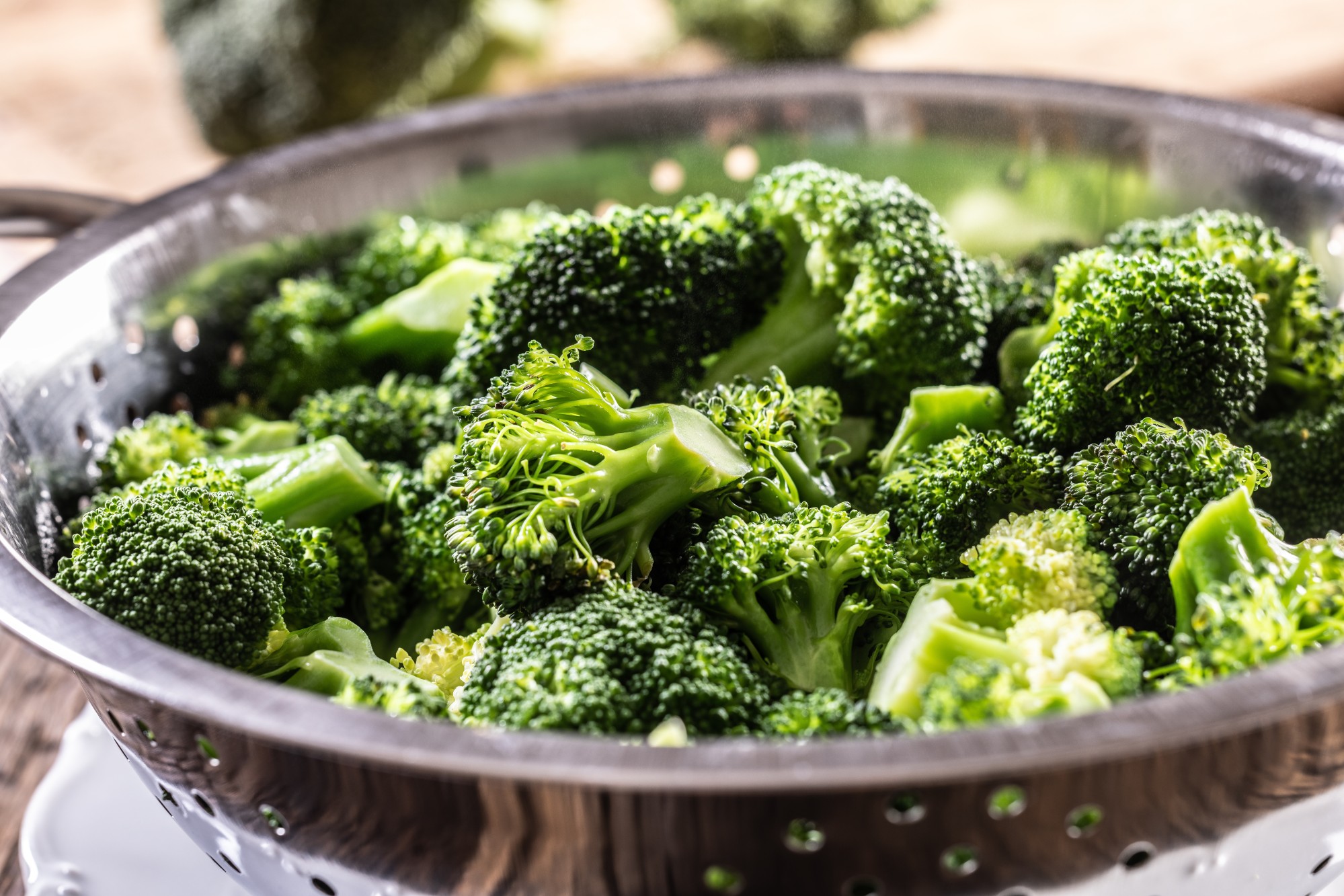
From beetroot to brown rice, how 5 ‘ordinary’ foods deliver extraordinary health benefits, and why you should be eating more of them
- Beetroot is known to be good for muscle endurance, the heart and brain; broccoli aids memory and mood, and blueberries help reduce stroke risk and blood pressure
- There are lots of health benefits in eating everyday superfoods, from brown rice to mushrooms, that you may already have around your home. Here are some of them
Beetroot, blueberries, broccoli, brown rice and button mushrooms – five common foods beginning with B are often touted as good for us. But why? And what’s the science behind their reputations?
We speak with experts to learn what makes these seemingly ordinary foods extraordinary – and why we should eat them more often.
Beetroot
Andrew Jones, a professor of applied physiology at the University of Exeter, in the UK, is a champion of the humble beetroot; he even has @AndyBeetroot as his Twitter handle. He’s gaining quite the following in the world of sports science.

During his career he has focused on muscle energetics – the study of how muscles are fuelled – fatigue and respiratory physiology, and through these his interest in beetroot grew.
He discovered that eating, or drinking the juice of, these usually bright red root vegetables can improve exercise endurance and can provide significant benefits for the heart, muscles and brain.

His recently published study finds that consuming dietary nitrate, found in beetroot, significantly increases muscle strength during exercise; it makes muscles work better, harder and faster.

So just how much is “effective”? Jones’ team performed a “dose-response” study that showed beetroot juice containing 8 mmol of nitrate – the amount in two concentrated 70ml beetroot shots – for example, was effective in improving performance. Drinking twice that amount did not further boost performance.
There are both cumulative and short-term advantages to beetroot consumption: an athlete could take it for a few days before competition as well as having a nitrate “hit” a couple of hours before.

Brown rice
Choose brown rice over white, health experts say, and that’s not just because it’s high in fibre; brown rice provides plenty of health benefits.
A recent study from Okayama University, in Japan, has identified cycloartenyl ferulate (CAF) as the main “cytoprotective”, or cell-protecting compound, in brown rice, with five times as much of it as other antioxidant compounds in brown rice.

CAF can protect cells from stress both directly, through its antioxidant effects, and indirectly, by boosting the production of antioxidants within the cells themselves.
Eating two mushrooms a day nearly halves cancer risk, study finds
Button mushrooms (or any mushrooms)
Many people have yet to try enoki mushrooms, she says. They grow in clumps on the stump of Chinese hackberry trees, and are sometimes called winter mushrooms, and belong to the same group of mushrooms as maitake, portobello, and button mushrooms.


Edible mushrooms are also a valuable source of lovastatin, which belongs to a group of compounds called statins. Statins are commonly used in cholesterol-lowering drugs. So eating mushrooms can be helpful in preventing hypercholesterolaemia, which occurs when your low-density lipoprotein (LDL), or “bad cholesterol” is too high.

Broccoli
Choline is needed to produce acetylcholine, a neurotransmitter that plays a vital role in memory, muscle control and mood.

This is just the latest in a long line of studies that has found eating broccoli to be very beneficial for the human body. It contains fibre, vitamins C and K, iron, and potassium, and more protein than most vegetables.
Cold hands and feet? It could be iron deficiency – here’s how to fix it

Blueberries
Any superfood book worth its salt features blueberries; they feature on the cover of Reinhard’s book.
Lisa Marie Presley’s death reminds us to keep hearts healthy – here’s how
Research has suggested that flavonoids are good for us, but a study published late last year concluded they might be even better for us than we thought.

